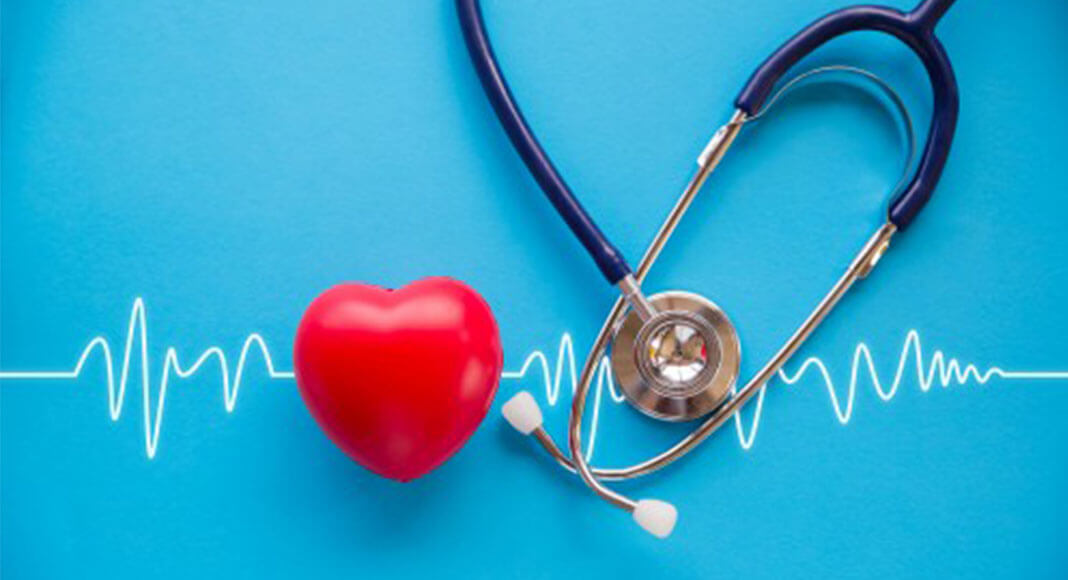
Mega Doctor News
Newswise — New Brunswick, N.J.– Cardiac care is not likely the first thing on a patient’s mind when fighting cancer, however, cancer and cardiovascular issues are closely linked. Cardio-oncology is an emerging medical specialty focused on cardiac complications that may arise from cancer treatment. Andrew M. Evens, DO, MSc, associate director for Clinical Services at Rutgers Cancer Institute of New Jersey and medical director of the Oncology Service Line at RWJBarnabas Health, is a participating physician in the Cardio-Oncology Program at Rutgers Cancer Institute of New Jersey in partnership with RWJBarnabas Health and shares more information.
Q: What drugs or treatments can lead to cardiovascular disease and who is at risk?
Therapies such as chemotherapy, radiotherapy, immunotherapy and other novel targeted treatments that are used to combat many cancers have the potential to contribute to cardiac toxicity. This includes several potential issues including weakening of the heart muscle or abnormal changes in the electrical conduction of the heart. Some of these adverse effects may happen acutely (i.e., within days to weeks), while others may occur months to years after completion of cancer treatments.
Q: What are the symptoms of heart complications as a result of cancer treatment?
Some of the symptoms are consistent with the typical indicators of heart disease. If a patient is undergoing chemotherapy or radiation, would monitor for symptoms such as chest pain or discomfort, shortness of breath, dizziness, racing or pounding heart as well as swelling of the legs and/or feet.
Q: How are these cardiovascular issues treated?
The treatment of cardiac abnormalities is fairly individualized but it is usually guided by the primary toxicity and associated symptoms. We work very closely with our cardio-oncology colleagues who help us prevent and treat cardiac toxicity in oncology/cancer patients. This may include treatments to make the heart stronger or cardiac medications and procedures to better regulate the heart rhythm or pulse.
Q: Can patients undergoing cancer treatment do anything to prevent cardiovascular issues?
It is critical to have multi-disciplinary management with a primary care provider as well as a cardiologist who are proficient in the prevention and treatment of cardiac-related issues in cancer patients. This is especially important given the rapidly expanding drug approvals of targeted cancer treatments, many of which that have the potential to induce cardiac toxicity. Maintaining proper control of blood pressure and other cardiac risk factors are important. In addition, there may particular scenarios where cardiac testing is done in a re-occurring manner (e.g., echocardiograms) to monitor for early clues of cardiac effects.
The Cardio-Oncology Program at Rutgers Cancer Institute of New Jersey in partnership with RWJBarnabas health offers patients specialized care to identify and minimize the risk of heart disease throughout the cancer journey. Learn more: https://cinj.org/patient-care/cardio-oncology-program










